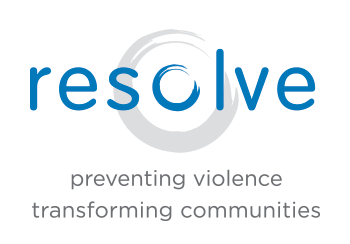The sexual assaults of boys at Robertson High School in Las Vegas, New Mexico this past August that were called “hazing” were a wake-up call for many in our community. It received much attention from the press because male survivors rarely speak about their experiences due to the added social stigma attached to male sexual assault.
One in six boys will experience sexual assault before age 16. Though this statistic is appalling, men and boys are even more likely to experience physical assault than sexual assault. And yet, most people believe that violence and self-defense are women’s issues.
In our society there is an assumption that if you are a man or a boy you automatically know how to protect yourself. When a boy is hurt by another teen at school, it is called a “fight” instead of an assault. We as a society need to tease out that men and boys are frequently unwilling participants in these altercations and simply don’t have the tools to address them.
In our culture, there is a popular image of the father leaving and telling his young s on that it’s up to him to be the “man of the house now” or to “take care of his mom.” We rarely give thought to how unfair this task is for a boy coming of age or how even a grown man walking a woman to her car has little more cause for confidence than physical strength and the belief that he is less of a target for violence.
Men and boys deserve our support. Think of all the men you know who keep an eye on their friends when they’re out or step in the middle of conflict to protect someone else. It’s great that men and boys are responding to the message to protect their loved ones. But let’s acknowledge what we ask of them, and ask them if they’re prepared.
